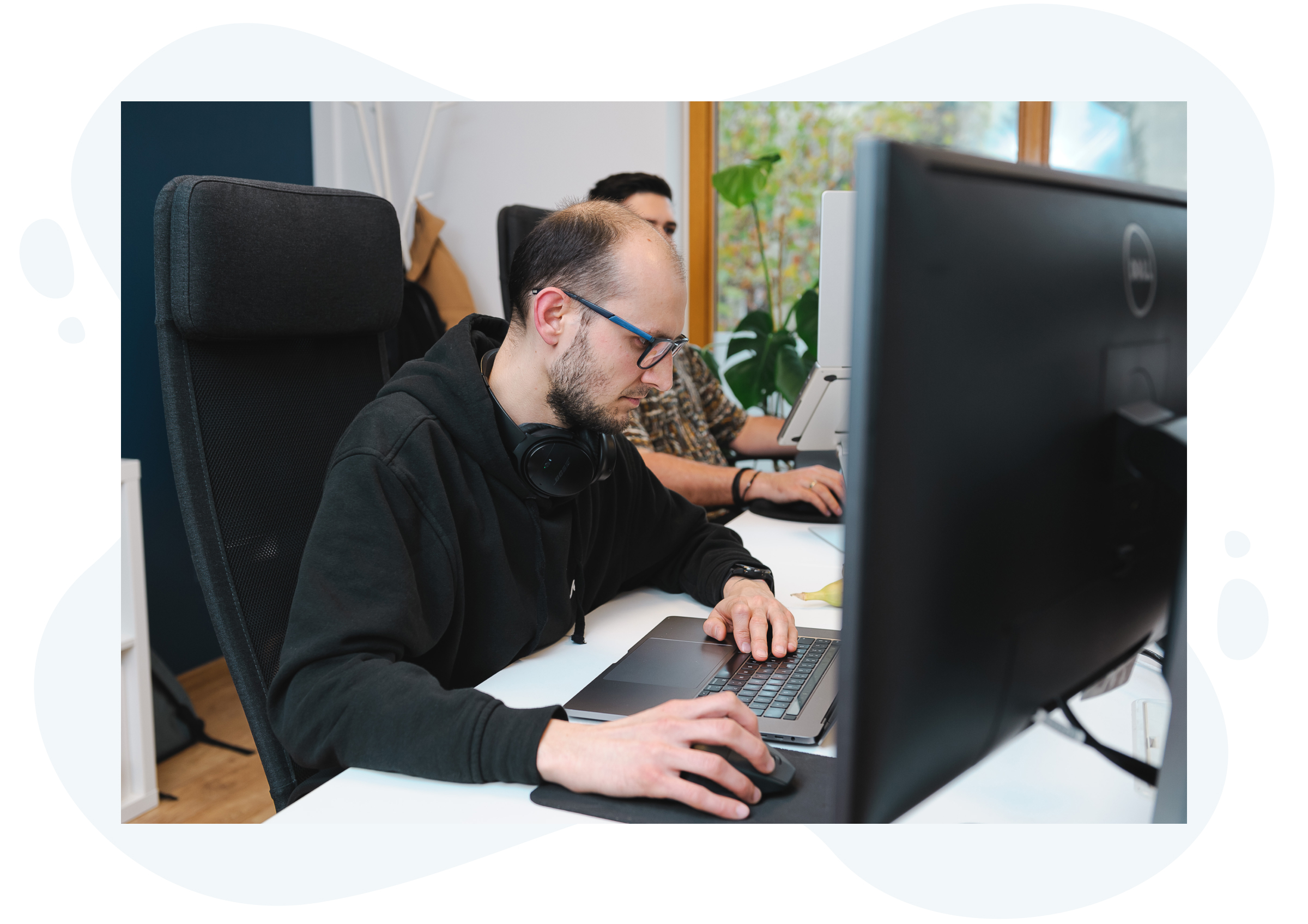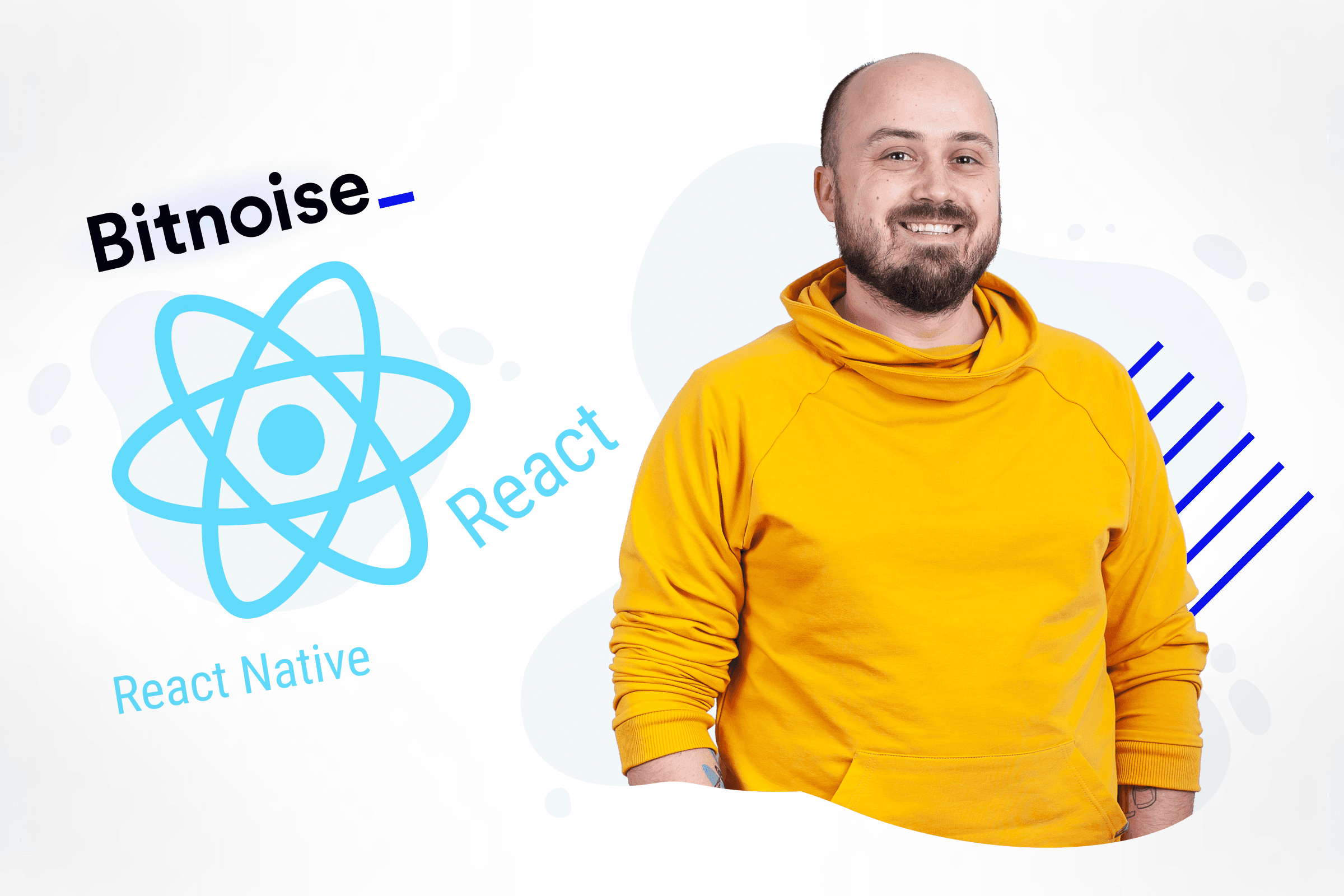
There are many ways to avoid the trap of being "just another generic software development company." For me, it is specialization, the value proposition that comes with it, and organizational culture.
Why is it important not to be "just another generic software development company," you may ask? For us, it is crucial because we like working with interesting brands, and our developers love coding in tech-challenging and satisfying projects. We don't want to compete only with time and money because that is a dead end for any tech company. But what exactly is specialization and organizational culture for a company that mostly works on JS-driven projects and has a team of 50 tech-savvy programmers? Let's break it down.
Specialization and the value proposition
The main problem with genericity comes from the fact that many of us don't think and plan ahead when starting a company. We tend to have a vague concept of what we want to achieve with our business in ten years, relying on the technology that our CTO or tech lead knows best and a handful of recommended clients. This approach lacks experience, vision, and a positive attitude, leading to daily struggles. It can even consume the best entrepreneurs and undermine their motivation to work on their own unique value proposition.
At Bitnoise, we have adopted a " doing things a little different " approach, with a strong vision and values, and specialization . It may be easy to say, but the real challenge begins when you start implementing specialization in your company. For us, it took some time, but we eventually discovered that our holy grail is JavaScript - specifically React , React Native , and NodeJS . This does not mean that we have no knowledge of other technologies, but we consciously focus on JS and direct our messages to customers who require such services.
It took years of work and deep experience to be able to say that we are specialists in this area, not only in our marketing communication but also in practice. To prove it, we have taken part in hundreds of large and small projects, run internal workshops, and participated in industry events over our 14 years of existence, and it has paid off.
Culture - take it seriously and you will see the difference
In our case, it means always cooperating with people with matching characters, temperaments, and values. This does not mean "the same" people, but if the teams work on the same page technologically and socially, you have a win. For us, the most important thing that makes our team well-connected and cooperation easier is acceptance of differences to a reasonable extent. We have people on the teams with extremely opposite worldviews, but we have never had conflicts at this level. Why?
One of our ideas is to create a space for casual discussion, an internal platform like Hyde Park, and we actually call it Hate Park (the rest is confidential). From my point of view, another important thing is to be " a present manager ," not "the owner of a high castle." We have a custom of open doors. Any of the company's leaders, as well as a person who has just joined the organization, can at any time have a talk with me and the company CTO. The same thing applies to business partners; devoting time to them makes it much easier to deliver the value proposition we've promised.

Specialization out of expertise and experience
Face it, running away from generality into specialization is a challenge and takes a lot of work, not only in the marketing of your company but also on the level of your teams. Basically, you need the best people, and they need to constantly develop their skills . It is time and money-consuming, but in the end, it pays off. At Bitnoise, we have come up with Bitnoise_meet , where more experienced Bitnoise members can share their experiences with those with less skill in a given field.
We provide training not only on technical topics - we have mastermind workshops, public speaking, or event storming workshops behind us, and mini-conferences - Land on Moon - organized in Berlin , where we encourage local communities of scale-ups and start-ups to share their knowledge and acquire new skills. What impact does this have on our clients' business? It's simple: it translates into a committed team that not only completes tasks and builds high-quality products but also looks after each other and works effectively as a unit.
Summary
Both tech socialization and culture are not a silver bullet, but they work well for me and Bitnoise. There is more to add, among others, a niche industry, extraordinary partnership, and many others. For us, what works is to have a mature, independent, and high level of seniority teams and a strong React.js core on the side of competency and in the clients' portfolio. It allows us to go outside the simple software development process, and if we see areas around the business in which we can support the client - whether in technical terms or in terms of processes - we help to make the right decisions or refer to one of our many partners who, in a given area, can help (being part of the community is something I'll discuss in the future).
Finally, what I think is worth mentioning - as owners and managers of Bitnoise, we are always available to developers and customers to help dispel any doubts or problems that may arise. On time and as efficiently as possible, because when our clients' business works well, it means that we do our job well. It is an important consequence of being a "present manager," which I mentioned previously. My final take on the whole genericity problem, if you want to overcome it:
-
Make an in-depth analysis of what is the strongest value of your company;
-
Research how and what problems of your clients it answers;
-
Specialize in technology;
-
And last but not least, build strong, independent, and experienced teams (and support them).
Of course, it takes time and resources, but it is worth it. Do you agree? Or maybe I should talk more on some specific point? Give me a heads up, and let's talk.


